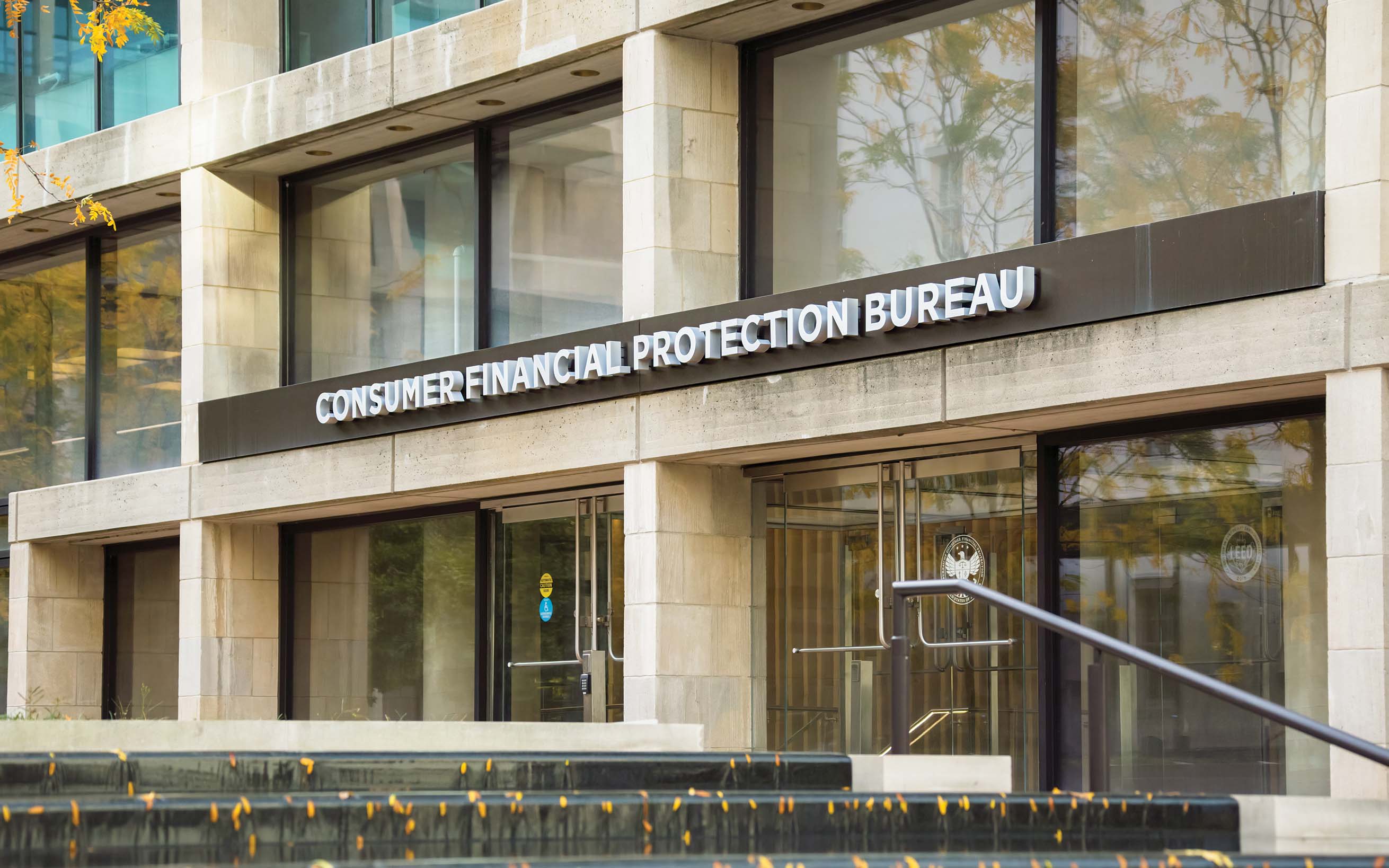ICBA is building a coalition of associations, community banks and customers to oppose a Treasury Department proposal adding burdensome reporting to the plates of all financial institutions.
Aaron Stetter: Sounding the alarm on IRS reporting overreach
September 01, 2021 / By Dan Farmer
ICBA is building a coalition of associations, community banks and customers to oppose a Treasury Department proposal adding burdensome reporting to the plates of all financial institutions.
For years, we’ve talked about how combining our voices is the most powerful way to advocate for our industry, our communities and the customers community banks serve—and we are constantly reminded why this is absolutely critical.
Now, ICBA is sounding the alarm on a Treasury Department proposal that would require community banks and other financial institutions to provide to the Internal Revenue Service (IRS) detailed new information on financial account transactions, including reporting on the deposits and withdrawals of all business and personal accounts and transfers between accounts of the same owner. It would apply to all accounts with a balance of at least $600.
This overreaching proposal would create a huge compliance burden on community banks and unnecessarily intrude into consumers’ financial lives, and ICBA is not alone in this belief.
ICBA is pushing back against this overreach and building coalitions to shine a light on broad opposition to this proposal. In fact, 44 state banking associations have signed on to ICBA’s letter opposing the proposal. We’ve also teamed up with a coalition of more than 40 other trade associations, delivering a detailed letter to the House and Senate explaining the many unintended consequences of the proposal. This unified front includes business owners, industries, consumer groups and financial institutions of all sizes, which shows that this IRS reporting issue is not just a community bank concern. It’s an issue that affects every American business and consumer.
The proposal’s flaws
Released May 28 as part of the fiscal year 2022 budget proposal and accompanying “Green Book,” the Treasury’s proposal would cover the accounts of nearly all Americans in an effort to combat tax evasion and increase tax revenues by an unreasonably optimistic $463 billion over a period of 10 years.
While ICBA supports efforts to curb tax evasion, this proposal is not the way to do it. ICBA and its allies see many flaws, such as:
Untargeted data collection. Americans have a right to privacy, yet this proposal would allow the IRS to look in on the financial dealings of every American consumer and business with a depository account without cause. Congress passed legislation in 1998 that prevents the use of “financial status or economic reality examination techniques to determine the existence of unreported income … unless the Secretary has a reasonable indication that there is a likelihood of such unreported income.” The concerns that motivated this statutory provision are as relevant today as they were in 1998 and must continue to guide Congress.
Privacy concerns. IRS data has been breached in the past, including 100,000 accounts in 2015. Just this June, the Government Accountability Office sent the IRS a letter encouraging it to improve its data security. A database containing the financial information of every American bank account will be an incredibly attractive target for hackers.
New barriers for the unbanked. Financial inclusion is a high priority for financial regulatory agencies, but this proposal would interfere with this goal. Many of the unbanked opt out of the financial system because they distrust the government. Instead, they turn to check cashers and nonbank lenders with exorbitant fees. Indiscriminately reporting all financial transactions to the IRS will further discourage the unbanked from entering the financial mainstream and could cause others to leave.
Too much data to process. The IRS already collects more data than it can process, including data collected under the Foreign Accounts Tax Compliance Act (FATCA). Community banks furnish this data, along with a huge number of suspicious activity reports (SARs) and currency transaction reports (CTRs) to the Treasury through the Bank Secrecy Act (BSA). The IRS should maximize the value of the data it already has before collecting more.
Increased tax complexity. The tax code and its accompanying paperwork continues to grow, and this proposal would only add to the burden. Taxpayers will likely have to receive new 1099 forms for every account they hold containing funds flow information that is not relevant to their tax liability. Giving taxpayers even more forms and data to sort through and evaluate will make tax compliance significantly more complex and confusing.
Community banks are not law enforcement agencies. While community banks support closing the tax gap, financial institutions should not be saddled with a complex, expensive burden to do so. It is an inappropriate role for private sector institutions who collect this data for the sole purpose of serving their customers by safeguarding their funds, extending credit, and providing checking, card and other payments services.
Help build the coalition
ICBA has built a strong coalition of allies, and your community bank can help it grow. ICBA is developing resources community banks can use to engage their small business and retail customers about this potential reporting requirement and encourage them to reach out directly to Congress to oppose it.
Raise your voice and help others around you to do the same. Together, we will be heard.
Subscribe now
Sign up for the Independent Banker newsletter to receive twice-monthly emails about new issues and must-read content you might have missed.
Sponsored Content
Featured Webinars
Join ICBA Community
Interested in discussing this and other topics? Network with and learn from your peers with the app designed for community bankers.
Subscribe Today
Sign up for Independent Banker eNews to receive twice-monthly emails that alert you when a new issue drops and highlight must-read content you might have missed.
News Watch Today

Join the Conversation with ICBA Community
ICBA Community is an online platform led by community bankers to foster connections, collaborations, and discussions on industry news, best practices, and regulations, while promoting networking, mentorship, and member feedback to guide future initiatives.












